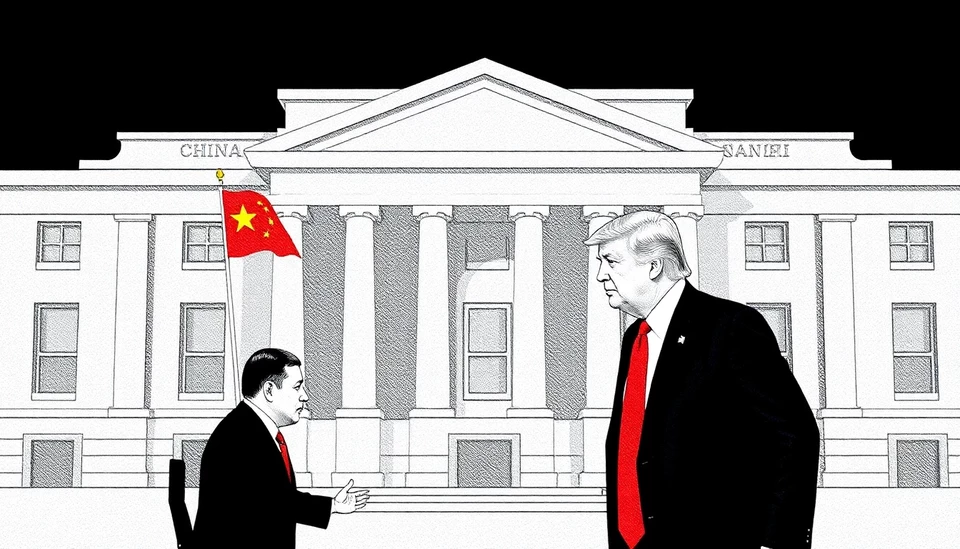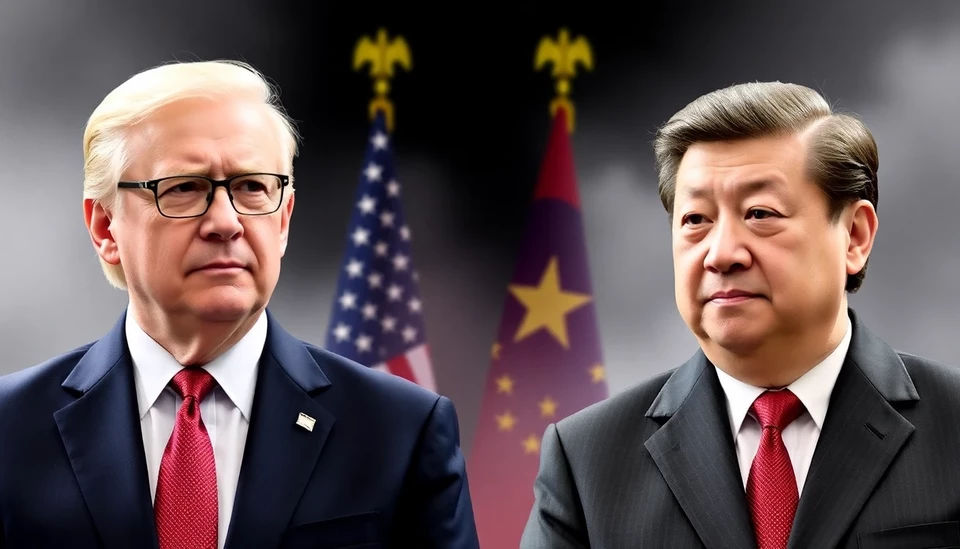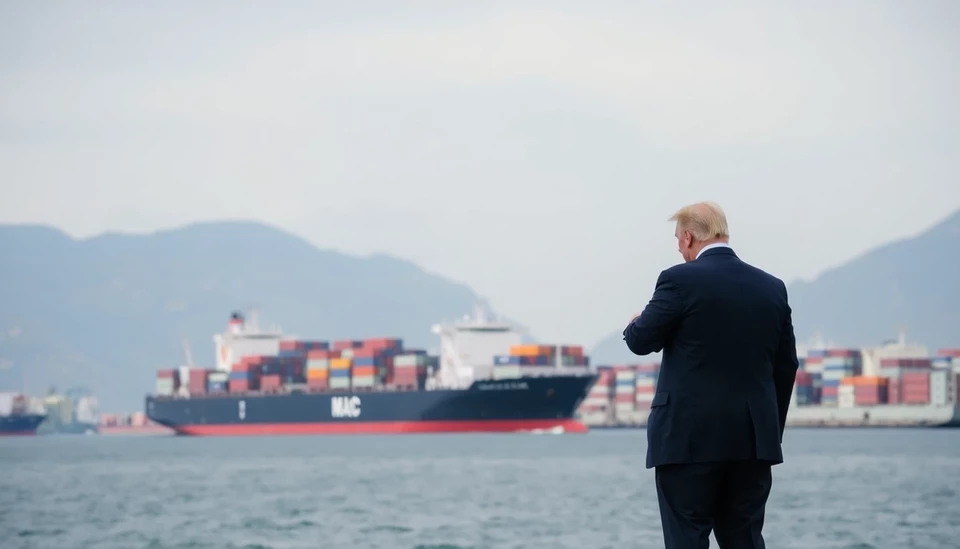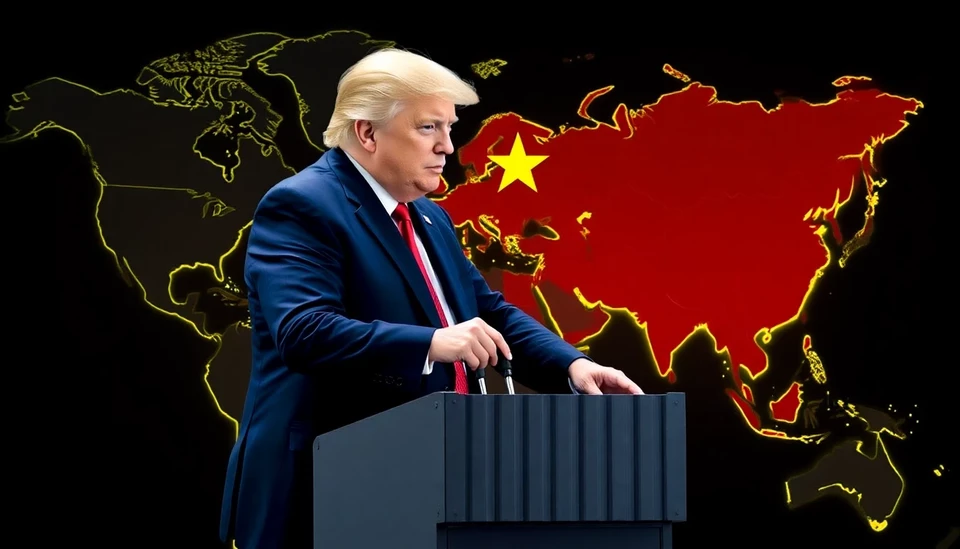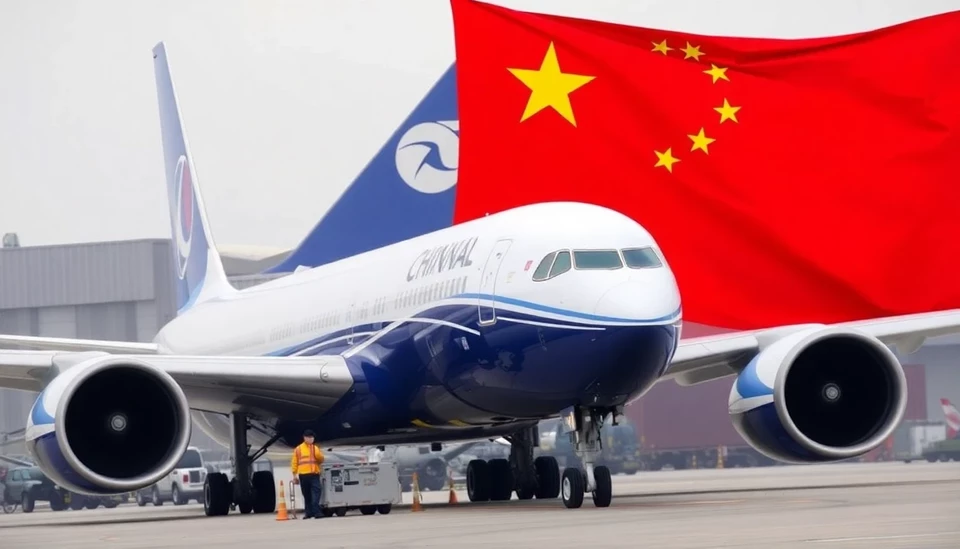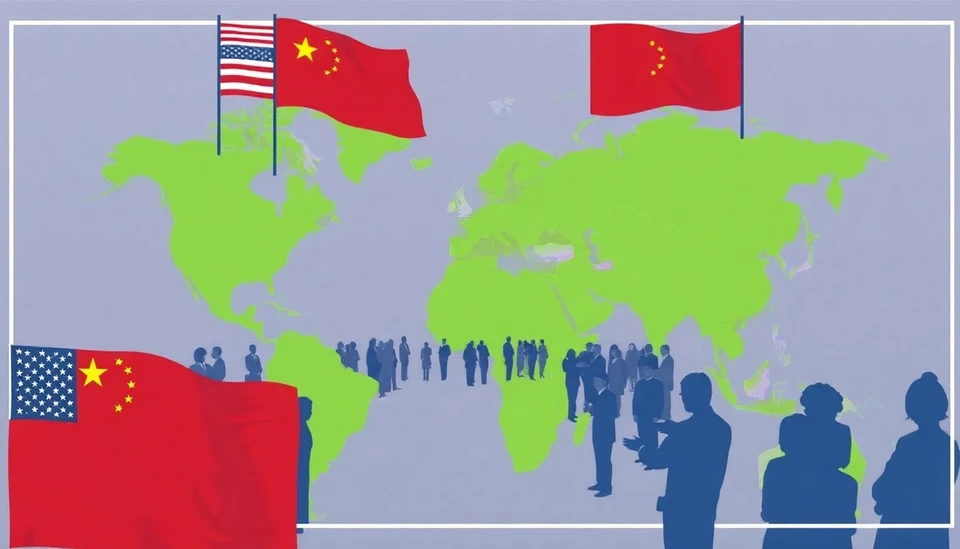
The geopolitical landscape between the United States and China is undergoing a significant transformation, with recent strategies hinting at a possible containment approach. This shift is primarily driven by ongoing concerns surrounding security, economic competition, and human rights issues, which have caused both nations to reevaluate their roles and relationships on the global stage.
In recent years, the narrative surrounding US-China relations has changed drastically. Initially framed around cooperation and mutual benefit, the dialogue has now evolved into a more contentious atmosphere, heavily influenced by rising tensions due to trade policies, military posturing, and technological competition. This has prompted both countries to reassess their strategies, often invoking historical precedents of containment associated with the Cold War.
US officials have articulated that their objective is not merely containment but the establishment of a robust framework to counteract what they describe as aggressive actions by China. This includes China's increasing military presence in the South China Sea, its ambitious Belt and Road Initiative aimed at expanding economic influence, and widespread allegations of human rights violations ranging from the treatment of Uighurs to the crackdown on democratic movements in Hong Kong.
The Biden administration has indicated a willingness to collaborate with allies and partners in crafting a coordinated response to Chinese initiatives that are perceived to undermine global norms and values. The goal appears to be to create a united front among Democratic nations, promoting democracy, and ensuring security not just in the Indo-Pacific region, but across various global arenas.
From an economic standpoint, the United States has taken significant steps to decouple its economy from China. This includes investments in domestic manufacturing, increased scrutiny of technology supply chains, and the development of trade relationships with alternative partners. By prioritizing a shift away from reliance on China, the US hopes to mitigate vulnerabilities that have emerged from over-dependence on Chinese markets and production.
In addition, the technological domain has witnessed heightened competition, particularly in sectors deemed essential for national security such as semiconductors, artificial intelligence, and telecommunications. Efforts to limit Chinese access to advanced technologies have become a priority for US policymakers, reflecting a desire to maintain technological superiority and safeguard critical infrastructure.
However, this strategy is not without risks. The potential for a prolonged economic confrontation could lead to greater instability globally, impacting not just the two nations involved but also third-party countries that rely heavily on trade and cooperation between the two economic giants. As tensions escalate, the implications for global supply chains, investment flows, and international relations are profound and could lead to a paradigm shift in how countries engage with one another.
Furthermore, experts warn that a strict containment strategy could invite retaliation from China, which may leverage its own diplomatic relations and economic influence to challenge US-led efforts. The challenge lies in balancing a firm response to perceived aggression while still leaving avenues for dialogue and cooperation open. Indeed, the complexity of US-China relations necessitates a nuanced approach, where aggressive tactics are tempered with diplomatic engagement.
In conclusion, the evolving strategies of the US regarding its approach to China are reflective of a deeper introspection on both sides. As both nations navigate this precarious relationship, the global community watches closely, recognizing that the trajectory of US-China relations will undoubtedly shape the international order for years to come.
As we enter this new phase of geopolitical dynamics, understanding the intricacies of these developments will be vital for stakeholders ranging from policymakers and business leaders to the general public.
#USChinaRelations #ContainmentStrategy #Geopolitics #GlobalEconomy #BidenAdministration #Huawei #TechnologyCompetition #InternationalDiplomacy #HumanRights
Author: Daniel Foster
